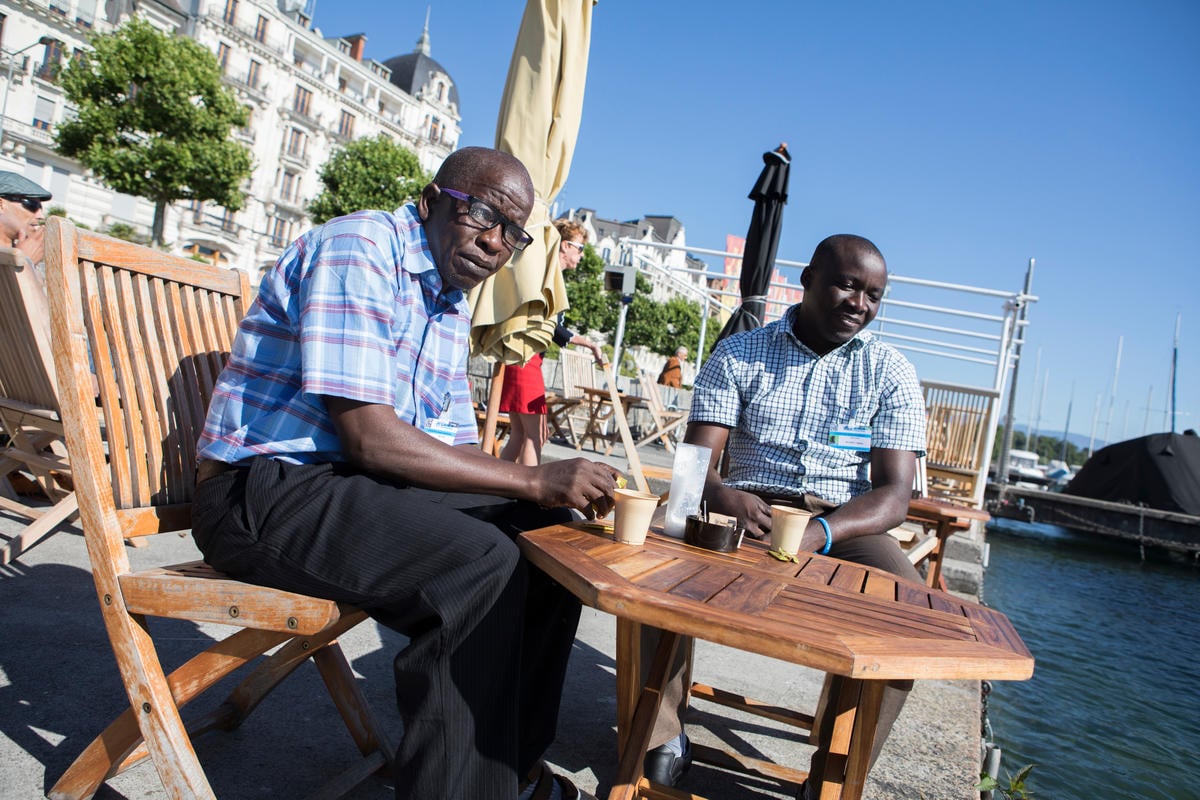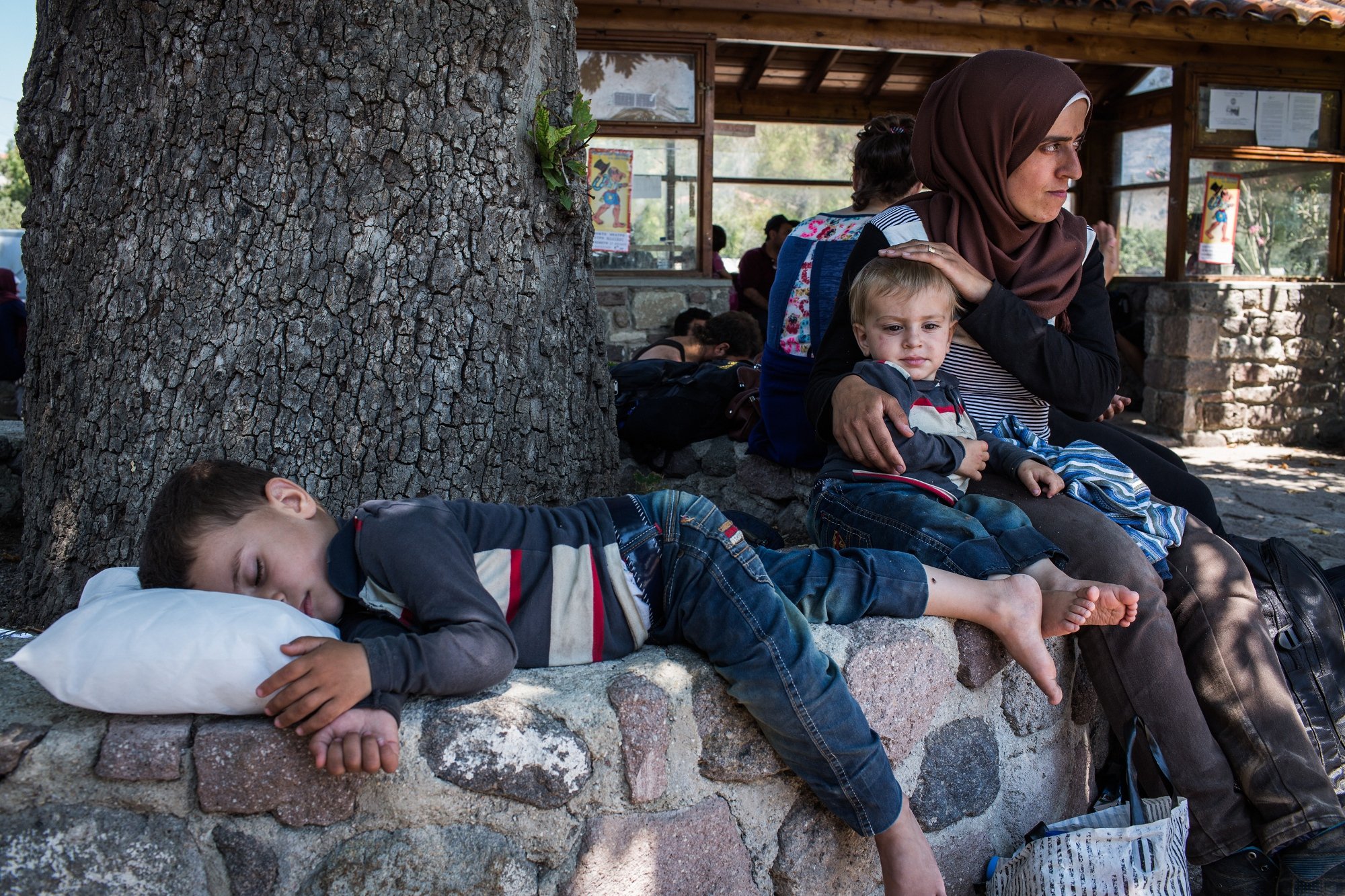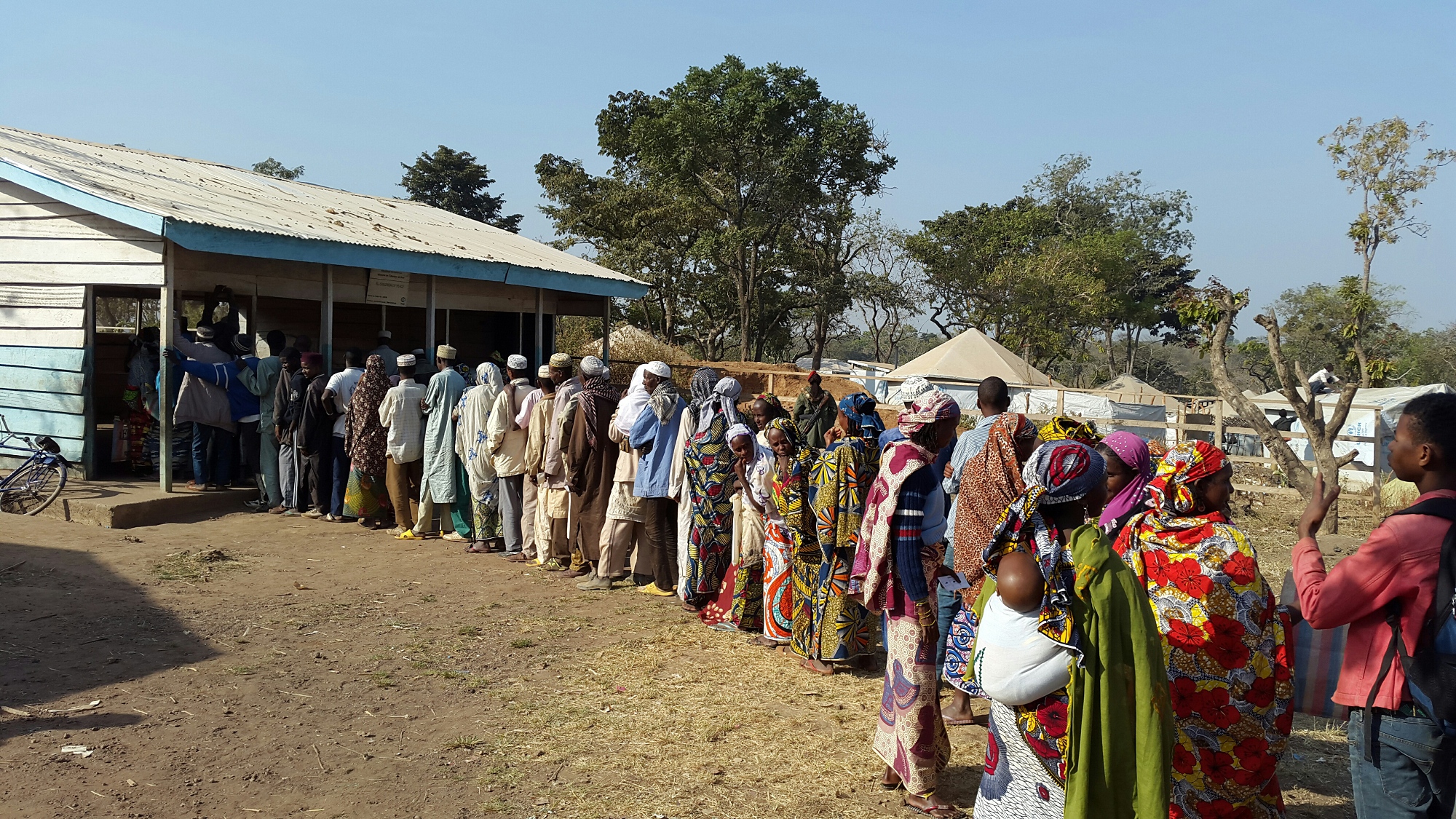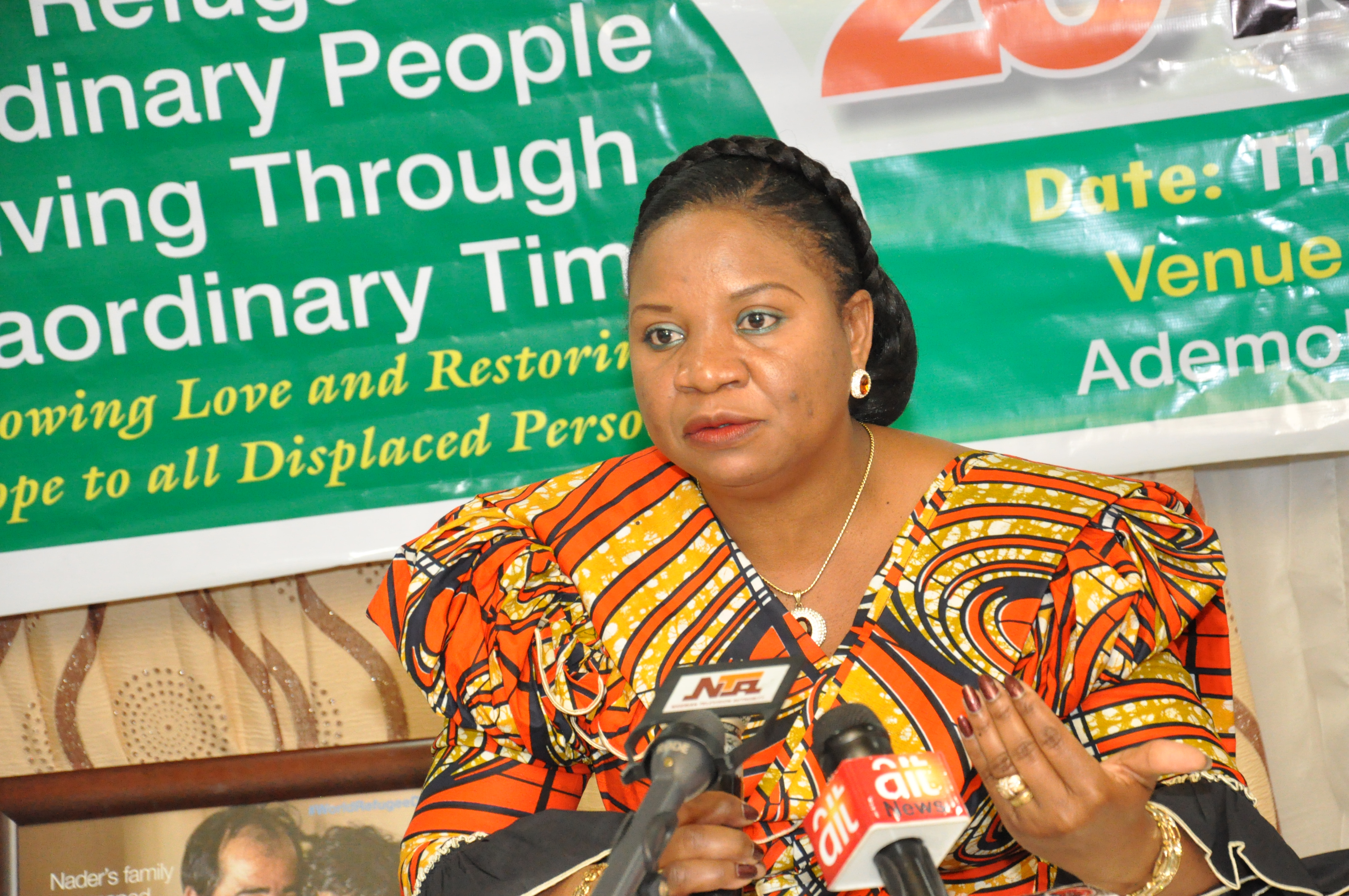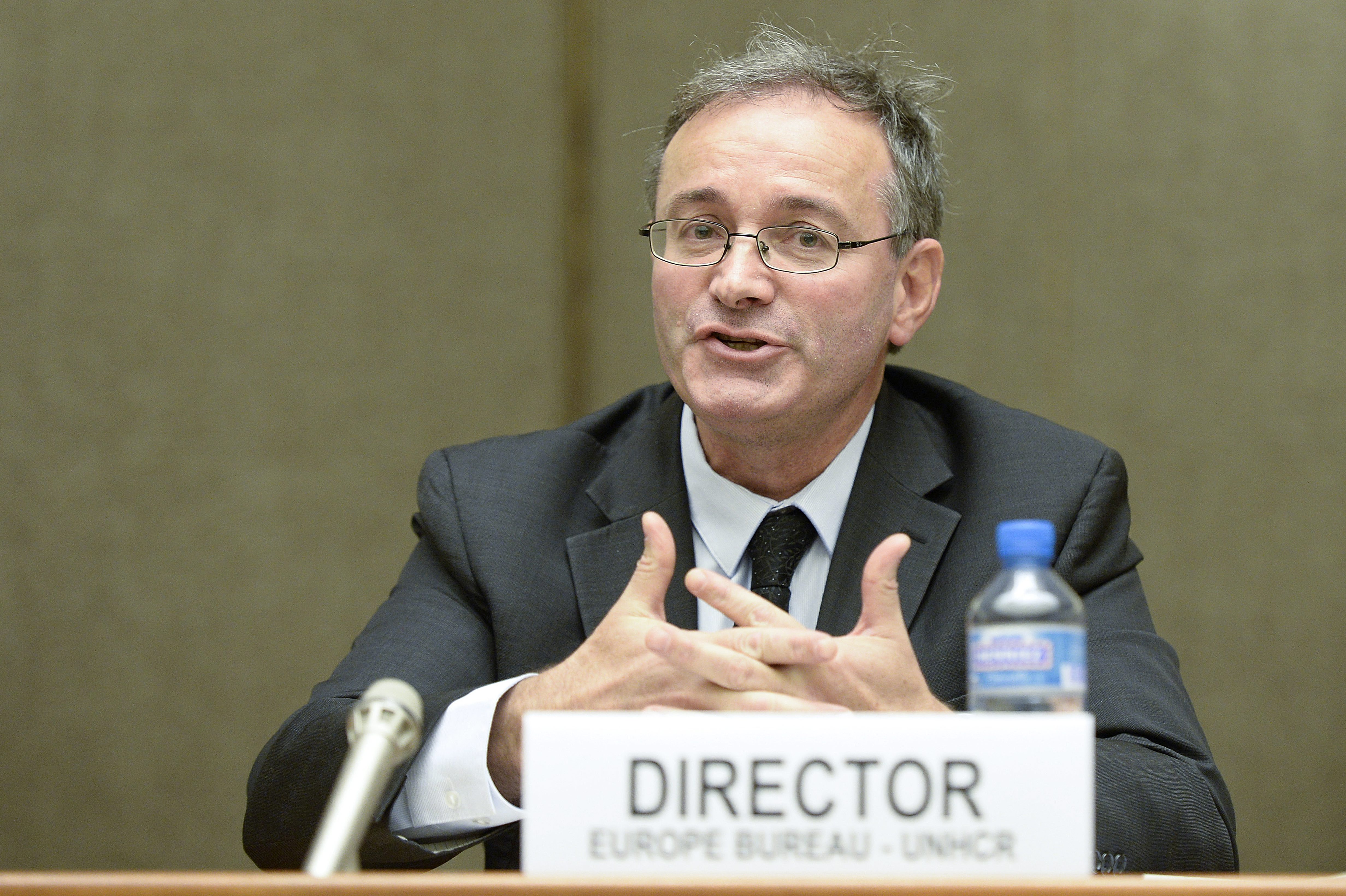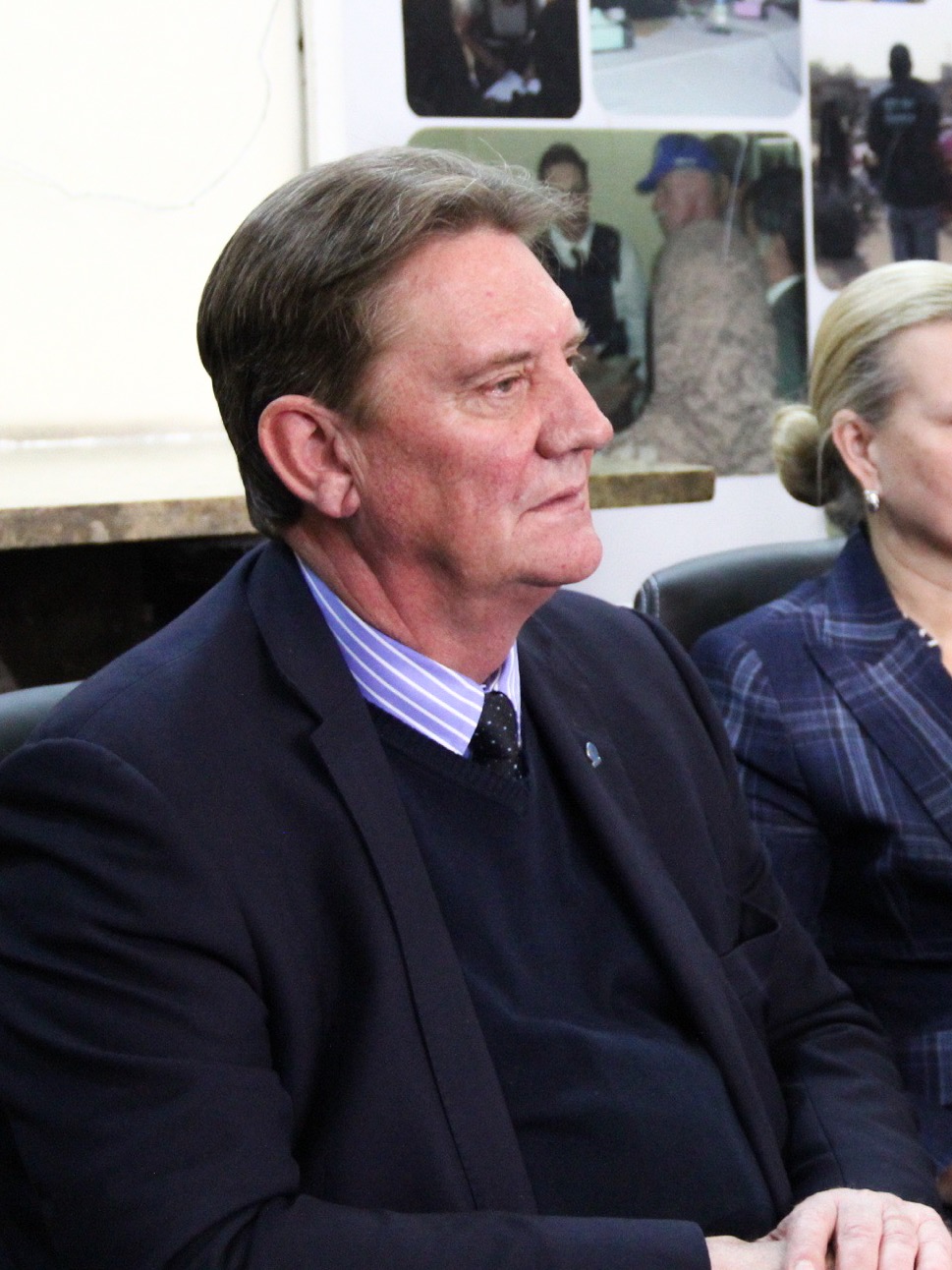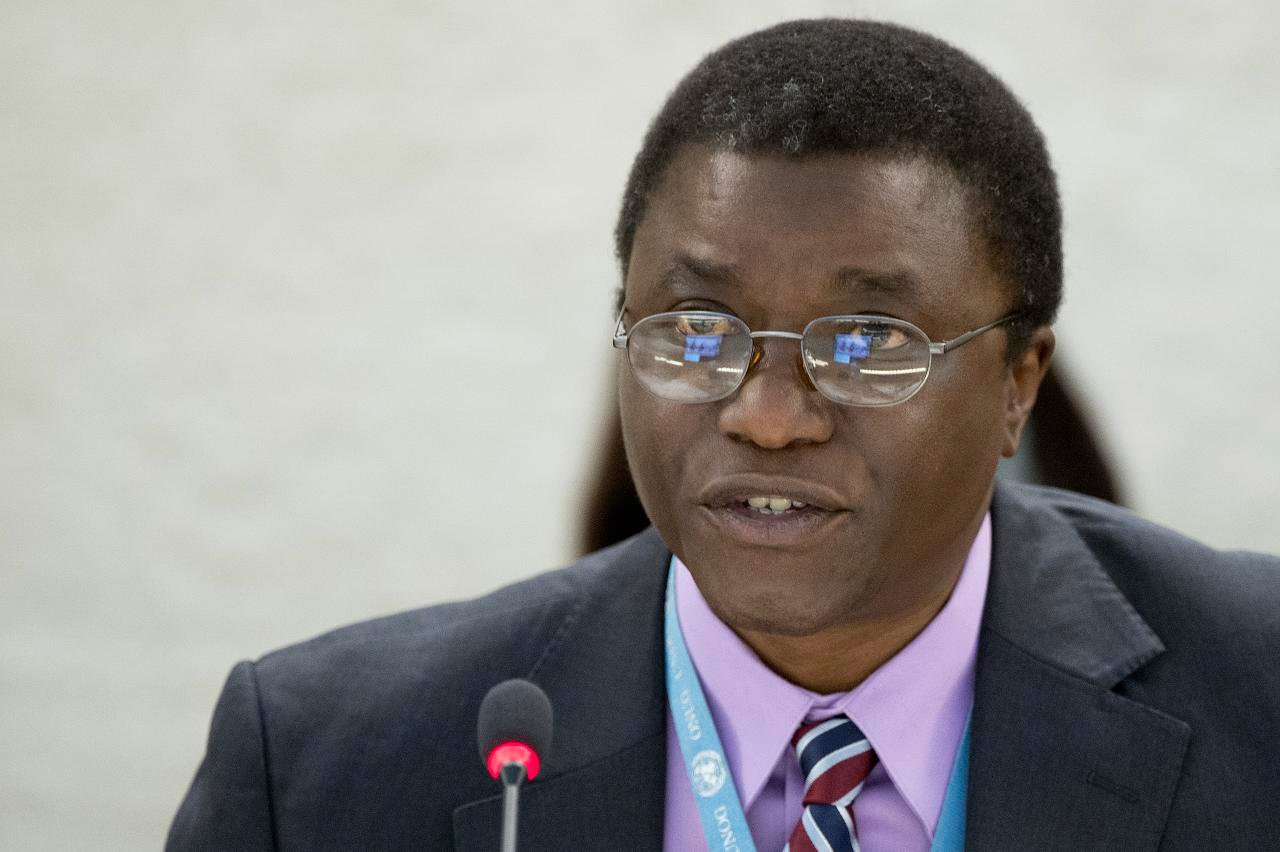Q&A: Somali advocate represents refugee community at UNHCR ministerial meeting
Q&A: Somali advocate represents refugee community at UNHCR ministerial meeting

Washington D.C., January 4 (UNHCR) - Fatuma Elmi, a resettled refugee from Somalia, recently attended an international conference on the world's forcibly displaced and stateless organized the UN refugee agency.The meeting took place last month at the organization's headquarters in Geneva. For the past 15 years, Elmi has worked at Lutheran Social Services in Minnesota, helping new refugees find jobs and education opportunities in the United States. She recently spoke to UNHCR Washington's public information intern Priscilla Yoon about the meeting, her work with resettled refugees, and her own experiences of starting a new life in the U.S. Excerpts from the interview:
Tell us about your role at the UNHCR ministerial meeting.
I was very surprised, humbled and excited to be sent there as a refugee delegate from the U.S. I attended a round table discussion on refugee issues and human rights. It was a very educational experience as I met and talked to many interesting and influential people and had the chance to express my opinions and suggestions to them.
U.S. Secretary of State Hillary Clinton mentioned you in her speech at the meeting. How do you think this elevated the personal story of a refugee?
It's always a plus to see an immigrant make it in this country and improve his life. I was very proud, but I wouldn't say that I started with zero like many refugees who come to me for help. Still, when I came to the United States I started at the bottom. I could speak four languages, had a degree in accounting, and 12 years of experience in a high position at an oil company. Despite thinking that it would be easy to find a good job, I started out in housekeeping. I cleaned hotel rooms for nine months, then moved up and stayed with that hotel company for five years. At the same time, I volunteered at the Lutheran Social Services as a refugee counsellor, which led to a full-time position as a refugee employment counsellor.
As you began your new life in the U.S. what were your greatest challenges and successes?
My expectation for the kind of job I would find when I first arrived was a challenge. Refugees with professional experience come to me with high expectations but I'm able to tell them that I was in their position once. I tell them that they are new and they have to show what they can do. Then, when they prove themselves, doors will open. Refugees with professional backgrounds come with a mentality that finding a job comparable to their experience is easy. But when reality hits you, you say, ok, let's start somewhere.
What about your successes?
Doing the kind of work that I do is not for money. For me it's the satisfaction I get from placing women, single mothers, widows, in a good job so they can take care of themselves. That is the greatest reward for me. And when they come back and thank me I always say, "We just helped you prepare yourself and the rest was you." They are the ones sitting in front of the employer so it's they who are earning that position, not me.
How do you think the international community can address the humanitarian crisis in your former homeland, Somalia?
As much as all of us want to do something, it's a real challenge. We are one people but in the last 20 years, we keep having the same problems coming back: famine, killing, the continuation of the civil war, and so on. So as much as the UN, U.S., and other countries try to do something about Somalia, it is Somalia itself that needs to do something. We need to take care of our own problem.
In what ways do you think more can be done for the refugees you work with?
I would say refugees should be better prepared before they get resettled. Many resettled refugees think that they left all their problems in the refugee camp, so when they get here they are unprepared. If refugees could be prepared in basic English before being resettled, that would make finding work for them much easier. One thing that helps us is that my community is so generous. Despite the civil war and fighting, when we come here we support each other.

